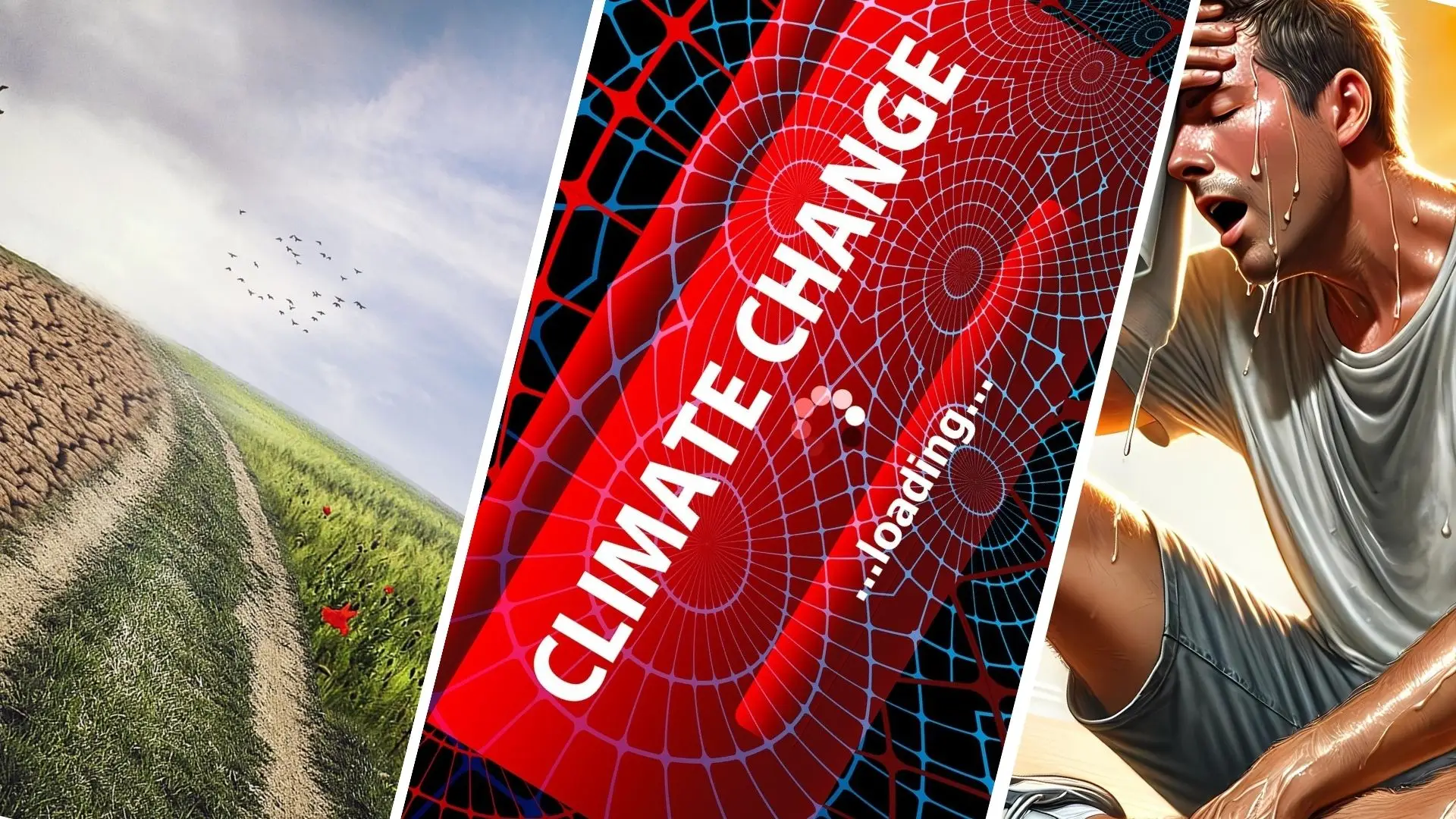Introduction
Climate change and global health security are two of the most pressing issues facing humanity today. As the planet warms, the effects of climate change are becoming increasingly evident, impacting ecosystems, economies, and human health.
The intersection of these two challenges presents a complex landscape that requires urgent attention and coordinated action. Understanding how climate change affects health security is crucial for developing effective strategies to protect populations, particularly the most vulnerable.
The Health Impacts of Climate Change
Rising temperatures, extreme weather events, and shifting patterns of precipitation have direct and indirect effects on human health. Heatwaves can lead to heat-related illnesses and exacerbate pre-existing conditions such as cardiovascular diseases.
Additionally, climate change has been linked to the increased frequency and intensity of natural disasters, which can result in injuries, deaths, and displacement.
Moreover, changing climatic conditions can alter the geographical distribution of infectious diseases.
For instance, warmer temperatures can expand the habitats of disease vectors like mosquitoes, increasing the risk of diseases such as malaria and dengue fever in regions previously considered safe.
This shift not only threatens public health but also places additional burdens on healthcare systems that may already be stretched thin.
Food and Water Security
Climate change poses significant risks to food and water security, which are integral components of global health security. Altered weather patterns can disrupt agricultural production, leading to food shortages and increased prices.
This not only threatens nutrition but can also lead to social unrest and conflict over scarce resources.
Furthermore, water scarcity is becoming an acute problem in many regions due to prolonged droughts and changing rainfall patterns. Access to clean water is essential for preventing waterborne diseases, which can thrive in conditions of inadequate sanitation.
As climate change exacerbates these issues, the resulting health crises can overwhelm health systems and create a vicious cycle of poverty and ill health.
Vulnerability and Inequality
The impacts of climate change are not felt equally across the globe. Vulnerable populations, including low-income communities, indigenous peoples, and those living in developing countries, are disproportionately affected.
These groups often lack the resources to adapt to changing conditions, making them more susceptible to health risks associated with climate change.
Addressing these inequalities is critical for improving global health security. Strategies that focus on building resilience in vulnerable communities can help mitigate the health impacts of climate change.
This includes investing in infrastructure, improving access to healthcare, and enhancing social safety nets to protect those most at risk.
Global Health Security and Pandemic Preparedness
The COVID-19 pandemic has highlighted the interconnectedness of health systems and the global implications of health security. Climate change can exacerbate the risk of pandemics by creating conditions that facilitate the emergence and spread of infectious diseases.
Deforestation, for example, can increase human-wildlife interactions, heightening the chances of zoonotic disease spillover. Strengthening global health security involves not only addressing immediate health threats but also preparing for future risks associated with climate change.
This requires a coordinated global response, including surveillance systems to detect emerging infectious diseases, investment in research and development for vaccines and treatments, and international collaboration on health and environmental policies.
The intersection of climate change and global health security is a critical area that demands urgent attention from policymakers, public health officials, and communities around the world.
By understanding the health impacts of climate change and addressing the vulnerabilities faced by different populations, we can create a more resilient global health system.
Collaborative efforts that integrate climate action with health security can lead to better outcomes for both people and the planet, ultimately fostering a healthier future for all.

